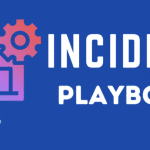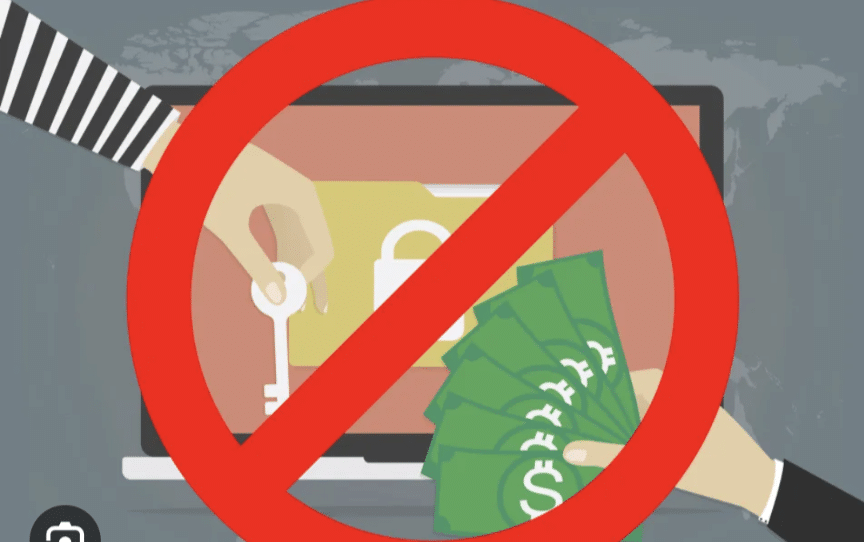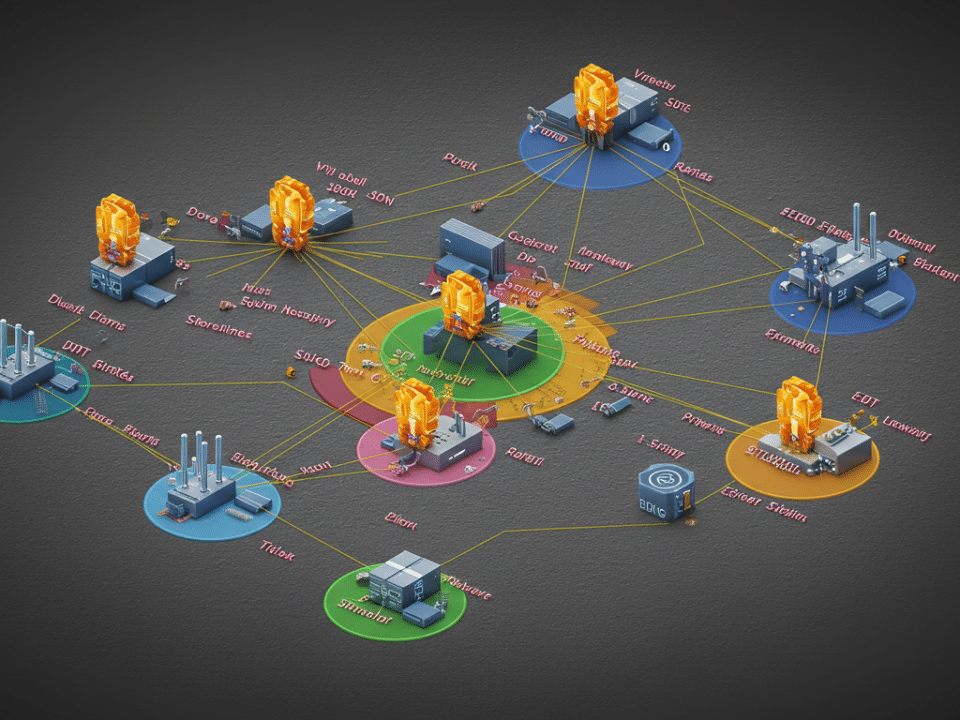
Cyber Attack? Don’t Panic, Play the Game: Your Essential Incident Response Playbook
January 17, 2024
DNS Spoofing: When the Web’s Roadmap Leads You Astray
January 19, 2024Imagine this: you open your computer to find all your files locked, replaced with a menacing message demanding payment in cryptocurrency. You’re the victim of a ransomware attack, a growing cybercrime where hackers hold your data hostage.
While the panic and desperation to regain access are understandable, there’s one thing you should never do: pay the ransom. Here’s why:
1. Paying doesn’t guarantee decryption: Even if you cough up the cash, there’s no guarantee you’ll get your files back. Hackers are not known for their trustworthiness, and many victims end up paying twice – once for the decryption key and again for discovering it doesn’t work.
2. It fuels the fire: Every successful ransom payment emboldens cybercriminals and funds their operations, allowing them to launch more sophisticated attacks and target more victims. By refusing to pay, you break the cycle and starve the beast.
3. It puts you at higher risk: Paying once makes you a prime target for future attacks. Hackers know you’re willing to pay, and they may come back for more. It’s like inviting a thief back into your house after they’ve already stolen from you.
4. Legal and ethical ramifications: In some jurisdictions, paying ransoms can be considered aiding and abetting criminal activity. Additionally, some insurance companies may refuse to cover your losses if you’ve paid the ransom.
5. Alternative solutions exist: Don’t despair! There are often ways to recover your data without feeding the ransomware beast. Antivirus software, data backups, and professional cybersecurity services can be your lifelines in such situations.
So, what should you do if you’re hit by ransomware?
- Don’t panic: Stay calm and assess the situation.
- Disconnect from the internet: This prevents the ransomware from spreading to other devices on your network.
- Report the attack: File a report with your local authorities and relevant cybersecurity agencies.
- Seek professional help: Consult with a cybersecurity expert who can guide you through the recovery process and minimize the damage.
Making ransomware payments illegal:
The fight against ransomware goes beyond individual vigilance. Several countries are considering or already implementing legislation to make ransom payments illegal. This approach aims to cripple the financial incentive for cybercriminals and discourage victims from funding their operations.
While legal complexities and enforcement challenges exist, outlawing ransom payments sends a strong message: cybercrime will not be tolerated, and its victims deserve protection.
Remember: By refusing to pay ransoms, we can collectively stand against cybercrime and create a safer digital world for everyone. Share this post, raise awareness, and together, let’s break the cycle of ransomware attacks.
#StopRansomware #NoMoreFeedingTheBeast #CybersecurityAwareness #ProtectYourData
By staying informed, taking precautions, and supporting initiatives against ransomware, we can navigate the digital landscape with greater confidence and resilience. Let’s join forces to make the internet a safer space for all.




